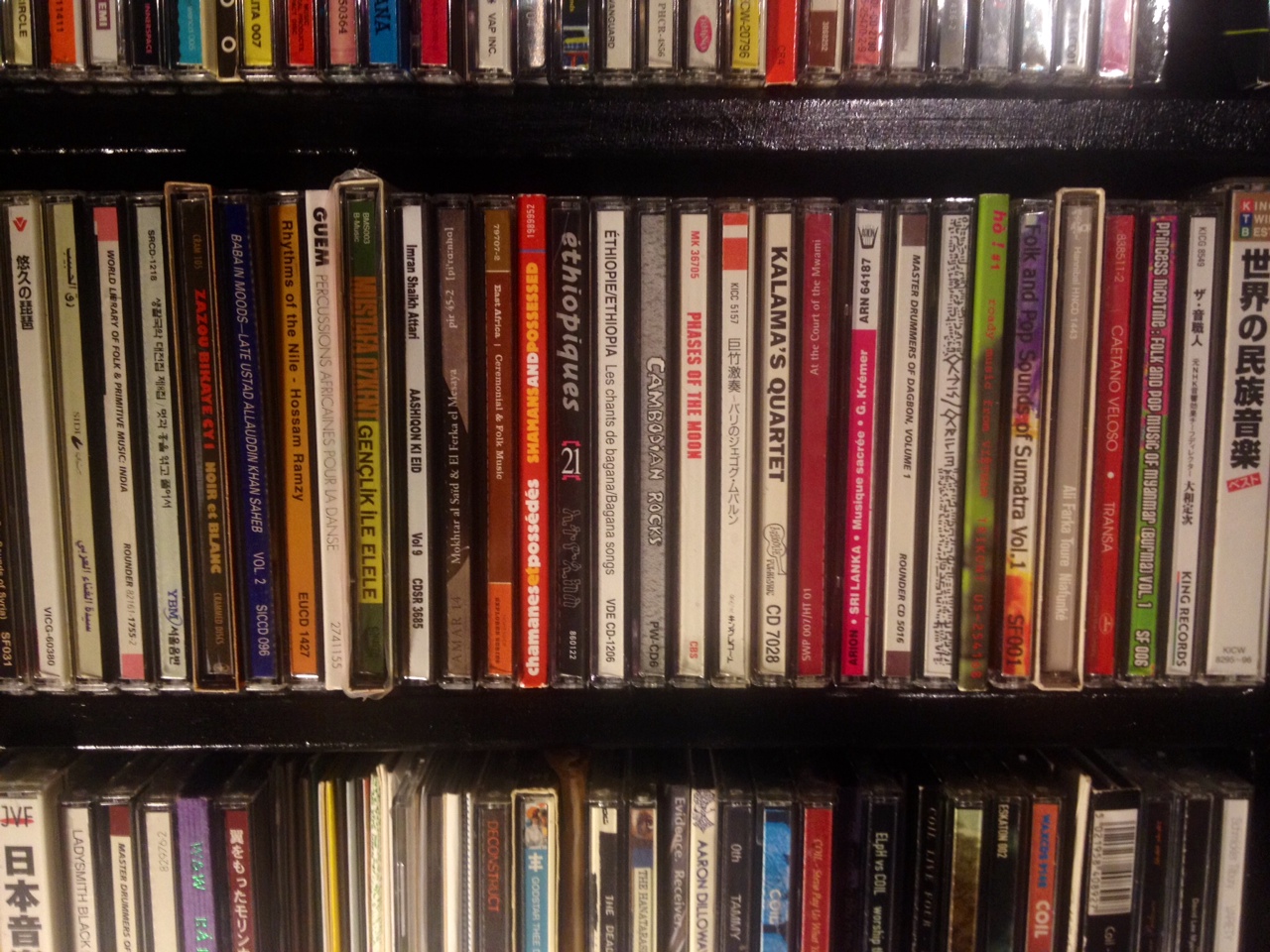11. Reason Eleven: It Is Driven By Ad Revenue Structure.

As every child knows by now, there’s an obvious capitalist backstory to the popularity of listicles (looking at you, Buzzfeed): by dutifully clicking through a list, you drive up the page-view count for the host website, and thus quantify and help valourise their capacity to sell reader attention to hungry advertisers. The format of the list is just the easiest way for a site to turn your restless eyeballs into money. This appetitive structure impacts the way we’re fed the content too. Whether it’s Esquire telling me about the "50 Songs Every Man Should Listen To" or The Telegraph putting the "50 Best Love Songs Of The 80s" on parade or The Guardian ambitiously frogmarching the "1,000 Songs Everyone Must Hear" past a no doubt exhausted readership, questions of musical taste just don’t adapt to questions of scale very well. How many love songs are enough? (Do not answer if you are in The Magnetic Fields.) 10? 50? 500? 1,000? If 50 sounds too skinny to encompass ten years of love and 1,000 sounds like a wearyingly long tour of musical duty, the real problem lies in those pushy verbs, "should" and "must". Should why? Must, or else what? To what end? There’s an aggressive con coiled within the implicit " . . .. Before You Die" clause that gets tacked onto such lists when commodified in book form, designed to cast a pre-emptive, funereal pall over the reader. This idea that lists constitute a kind of "Final Solution To The Music Problem" is perverse, yet this morbid premise proves depressingly omnipresent if you’ve been following music journalism lately. Someone should title an oldies compilation "We Must All Listen To The Same Important Canonical Classics, Together, Now!" and be done with it. This sense that you’ve got to reach the finish line of consumption, that you’re running out of time and you’ll have missed the best part if you don’t gobble down Blowhard Celebrity favourites A, B and C is absurd. Websites love it because it leverages your Fear Of Missing Out into money, but stop and think for just a few seconds and you won’t fall for these tactics.


